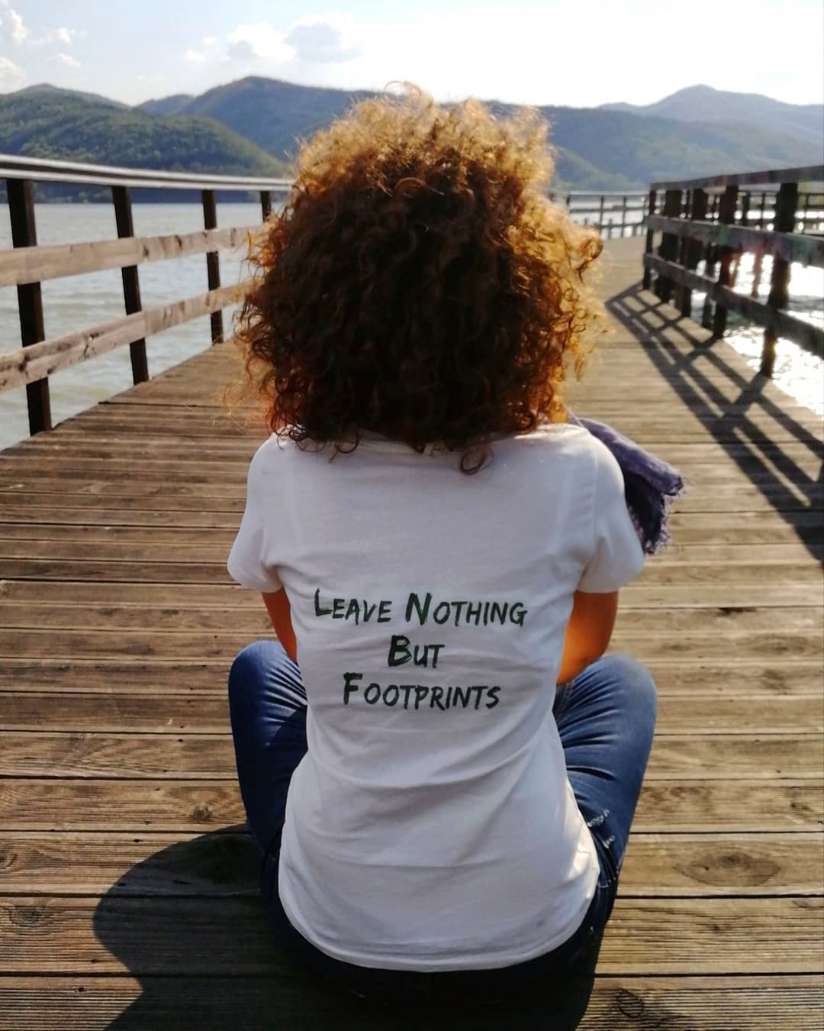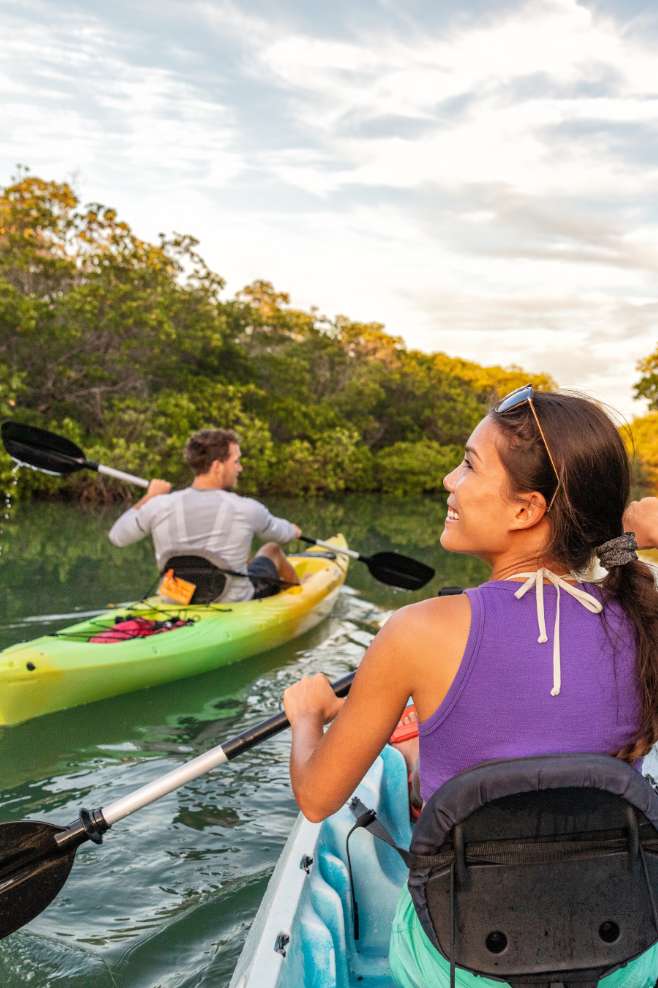The new global phenomenon we all need to reckon with is digital pollution. What is it and how can we reduce it? Here is an analysis and some related advice.

These are some of the questions I most frequently receive, and which remind me just how much further we have to go.
Indeed, as opposed to other sectors, tourism has not yet fully come within sight of sustainability, partly due to the difficulty of evaluating and measuring the real impact created by travellers.
So, let's try to shed some light on this phenomenon that is so "new", yet so substantial.

As of today, the tourism sector contributes, on average, if we ignore the dramatic drop due to the pandemic, 10% of the global GDP, and is the only industry that cannot be delocalised. If to this we add its high level of cross-sectionality, that is to say its capacity to include a broad range of local satellite activities, we realise the scale of the impact that this sector can generate.
Furthermore, 60% of tourism is currently mass tourism, meaning that it is managed by large tour operators which, focusing more on quantity than the quality of more ethical, sustainable management, does not allow the presence of travellers to have a more positive impact on receiving populations and the environment.
To grasp this idea, it is enough to simply check how many local people work as staff for these tour operators, how much they are paid, and how and whether local activities, flora and fauna are supported.
The tourism market must come to terms with the challenges we have in today's society. The development of sustainable tourism, the central goal of the World Tourism Organization UNWTO, considers various topics to work on: biodiversity and conservation of natural heritage, the protection of local communities and the promotion of their culture and tradition, and the launch of sustainable economic actions in the field of tourism that aim to alleviate poverty.
Three of the UN 2030 Agenda Goals also explicitly address the tourism sector.
So, what can we tangibly do to reduce our environmental footprint when we go on holiday?
We can do eco-friendly tourism. And by eco-friendly tourism I mean tourism that treads lightly.
I don't particularly like giving grand or academic definitions, but I love to associate this concept with the idea of travellers as guests in someone else's home.
Travelling sustainably means exploring the corners of the world ethically and with respect for the environment, people and animals.
Supporting local structures and operators, taking part in activities that put the wellbeing of local populations and animals at their centre, trusting in tour operators or travel agencies that reinvest in local development projects and operate ethically with regard to the environment and local places.
These are a few of the revolutionary choices that we can make as travellers.
We travel sustainably every time we make sure the money we spend on holiday feeds and supports the economy of the country visited, making the exchange with those who receive us more equitable. Eco-friendly tourism isn't a completely different type of holiday. It is the same holiday we are used to, but redesigned with more respect for people, animals and the planet.
Organising a trip that is completely sustainable isn't that simple, but the most important thing to understand is that you don't need to achieve perfection to start travelling in this way. Even choosing just one sustainable activity, replacing one that is less ethical or that has too much of an impact, allows us to start taking our first steps towards more attentive, respectful tourism.
How can I reduce my negative impact on the country I am going to visit?
Let's start with the mode of transport, which is the first thing we need to consider when we want to arrive at a holiday destination.
Based on UNWTO data, aeroplane remains the most popular option for travellers, at 58%, followed by car (37%), sea transport (4%) and train (2%). On average, a flight within Europe emits up to 20 times more grams of CO2 per kilometre than a train journey. Travelling by train or bus has a significantly lower impact on the environment. Let's avoid flying, then, when there is an alternative. There are even apps for sharing journeys by car or train, which allow us to use the different modes of transport, public and non, that we have available.
And if the destination cannot be reached without flying, it is possible to compensate for the carbon emissions by supporting reforestation and tree planting projects that generate real environmental and social value.
Finally, obviously it is better to take direct flights: take-off and landing are the points at which the most CO2 is emitted.
Once we have arrived, we should be mindful of the size of our accommodation in order to save water and energy (also for air conditioning). And we should be careful of our consumption.
When visiting a city, we should use public transport or bikes. Or walk around on foot, maybe accompanied by a local guide.
We should try to live as plastic-free as possible: a refillable bottle for water, a metal straw always within reach, a fabric bag for possible shopping, and, if possible, solid shampoo and soap bars for personal care.
We should support the local economy, use services managed by local people, and buy artisan products and ethnic souvenirs. Food is important too: we should experiment and be open to the local food, and be careful not to waste it!
I have been working in developing countries for years now, as an environmental engineer and sustainable tourism consultant, and I know full well how difficult it can be at times to choose sustainable alternatives.
You are on holiday, not on a mission, you think, and you want to enjoy the experience of travelling with maximum relaxation and comfort. But relaxation and comfort don't necessarily have to go hand in hand with pollution and consumerism.
I can assure you that by changing your style of holiday little by little, you will never want to turn back.
Travelling with a positive impact is such a gratifying feeling that you will never want to travel in the old way again. You will have the pleasant feeling of being better welcomed, not only by the people, but by the place itself. You will become part of it.
The new global phenomenon we all need to reckon with is digital pollution. What is it and how can we reduce it? Here is an analysis and some related advice.
Andrea Fantini speaks about how life on a boat teaches you virtuous behaviour that helps the environment. And reveals his ambitious project for sustainability at sea.
